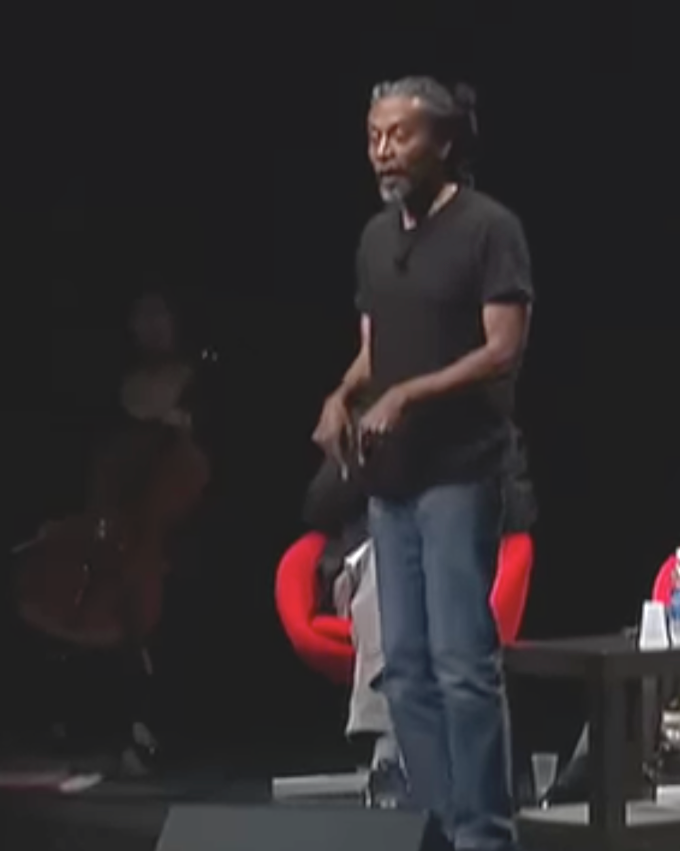September 5, 2025
Learning
Reparative reading leaves "an enormous space, in which anything, nothing, something could happen next."

Olivia Laing via Barely South Review
Donald Trump’s barrage of norm-breaking actions create the perfect conditions to sustain what queer theorist Eve Kosofsky Sedgwick called “paranoid reading.” In her 2003 essay Paranoid Reading and Reparative Reading, Or, You’re So Paranoid You Probably Think This Essay Is About You, Sedgwick defined paranoid reading as a defensive stance: scanning for threats, expecting bad news, and assuming hidden dangers everywhere.
Fourteen years later—one year after Trump’s first election—writer and critic Olivia Laing placed Sedgwick’s theory in the context of Trump’s America, describing how paranoid attitudes saturated social and political discourse, especially on platforms like Twitter (now X).
The problem, as both she and Sedgwick observed, is that paranoid reading attempts to anticipate disaster, as though foreseeing it could blunt its harm. But exposure alone does not bring accountability. Instead, the atmosphere becomes saturated with suspicion and revelation, offering little space for resolution, healing, or new forms of response.
Laing extends Sedgwick’s ideas into a broader meditation on resilience—and on the limits of merely knowing or exposing “bad news.” She emphasizes reparative reading: an approach that seeks pleasure and new possibilities despite grim realities. She contributes clear insight into the emotional toll of shock and awe politics on individuals’ imaginative capacities and sense of agency, and how reparative approaches might restore hope, if only fleetingly.
"A reparative reading isn’t lodged in the need to predict and prepare for disaster. It might be engaged in resistance, or concerned with producing some other reality altogether, but it’s driven by a seeking of pleasure rather than an avoidance of pain – which isn’t to say that it’s any less attentive to the grim realities of loss and oppression."
ARTICLE: Bad Surprises
RELATED ARTICLE: That’s What Makes It Worthwhile: An Interview with Olivia Laing




